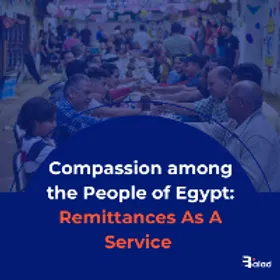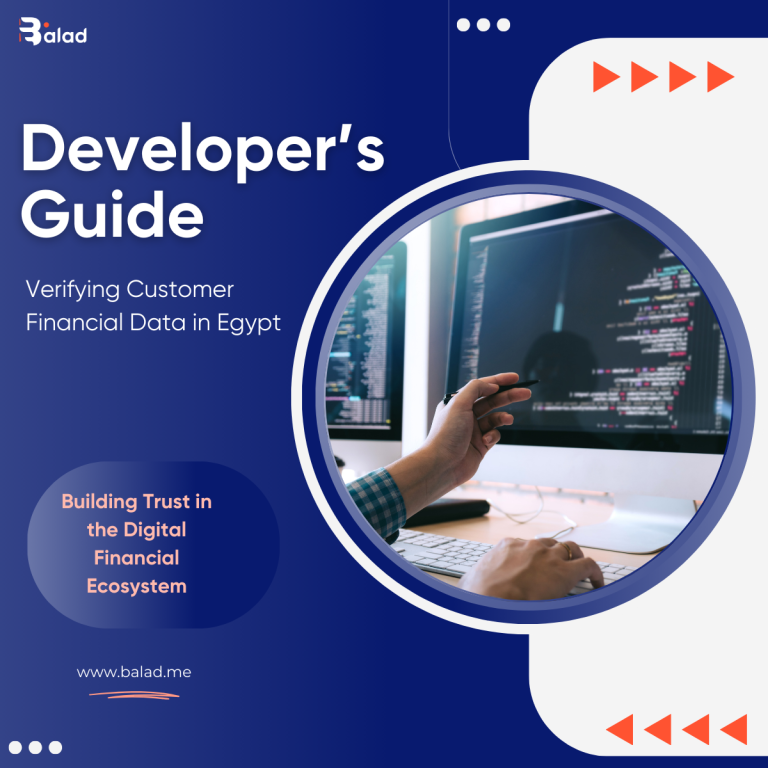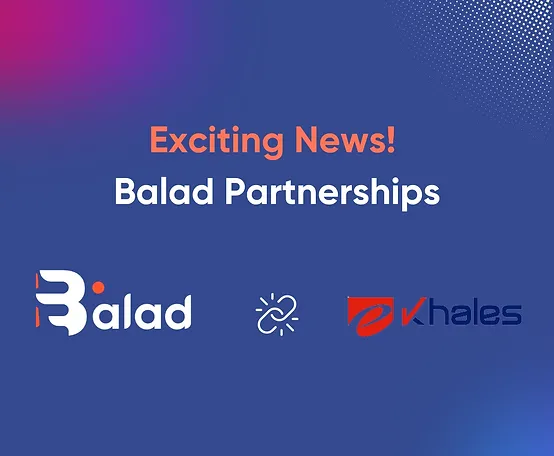
Remittances, which are defined as financial transfers, serve as a powerful manifestation of compassion and solidarity from the Egyptian diaspora. These remittances, typically sent by Egyptians working abroad to support their families and communities back home, play a significant role in sustaining livelihoods and fostering economic resilience in Egypt. In this article, we delve into the dynamics of remittances, exploring their impact, challenges, and the role of institutions like Balad in supporting this vital lifeline.
Statistics on remittances
A staggering percentage of Egyptians working abroad regularly send money back home to support their loved ones. According to recent data, millions of Egyptians rely on remittances as a source of income, with billions of dollars being transferred annually to the country Which amounted to about $31.9 billion in 2022. These funds serve as a lifeline for many families, covering essential expenses such as food, housing, education, and healthcare.
Understanding the Impact
The impact of remittances extends far beyond monetary assistance. In addition to providing financial support, remittances contribute to the social and economic well-being of communities across Egypt. They enable families to access better education and healthcare services, invest in small businesses, and weather economic hardships. Moreover, remittances foster a sense of connection and solidarity among diaspora communities, strengthening ties to their homeland.
Challenges Faced
Despite their significance, remittances are not without challenges. Many Egyptians abroad encounter barriers and obstacles when attempting to send money back home. High transaction fees, fluctuating exchange rates, and cumbersome bureaucratic processes can diminish the value of remittances and make them less accessible to recipients in Egypt. Additionally, concerns about the security and reliability of transfer methods pose further challenges for individuals seeking to support their families from afar.
The Role of Financial Institutions
Financial institutions, including banks and remittance service providers like Balad, play a crucial role in facilitating cross-border transactions. Through innovative solutions and technology-driven platforms, these institutions strive to make money transfers more secure, efficient, and cost-effective. API solutions, in particular, have emerged as a promising tool for streamlining the remittance process and enhancing the accessibility of financial services for Egyptians abroad.
Balad’s Commitment to Support Families in Egypt
At Balad, we’re dedicated to facilitating remittances as a lifeline for families in Egypt. Through our secure and digitized platform, we empower institutions that serve individuals abroad to send money home efficiently. By prioritizing security and transparency, we ensure every transaction is handled with care. Behind each transfer lies a story of love and resilience, transcending borders and reflecting the unity of the Egyptian diaspora. Our mission extends to promoting financial inclusion and fostering collaboration.
Collaboration and Support
The success of our mission relies on collaboration between government agencies, financial institutions, and other stakeholders. By working together, we can address the systemic challenges facing the remittance industry and develop innovative solutions that benefit all stakeholders. Whether through regulatory reforms, infrastructure investments, or public awareness campaigns, collaboration is key to unlocking the full potential of financial transfers as a force for good in Egypt.
Future Outlook
Looking ahead, the future of remittances in Egypt is promising. As technology continues to evolve and global connectivity increases, we anticipate continued growth and innovation in the remittance industry. By harnessing the power of digital solutions, expanding access to financial services, and fostering a culture of collaboration and compassion, we can build a brighter future for all Egyptians, both at home and abroad.








You’ve made even the simplest ideas feel profound with the care and depth you bring to your writing.